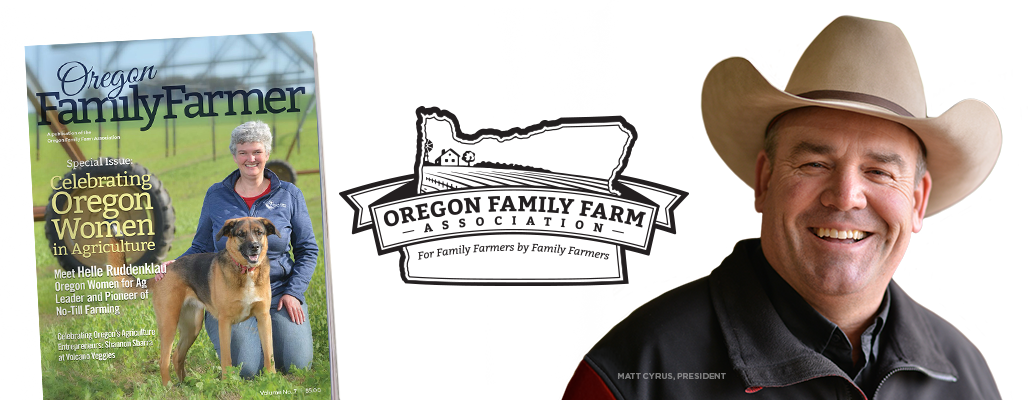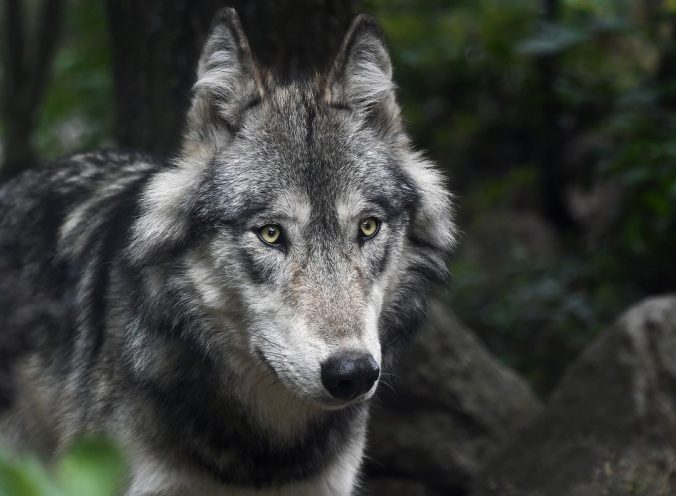
Various Oregon Environmental groups announced this month that they are pulling out of the state talks on wolf management. The groups claim that the process is leaning towards making killing wolves easier. The groups collectively say that they plan to oppose the plan.
The Eugene Register Guard states,
“The environmental groups Oregon Wild, Defenders of Wildlife, Cascadia Wildlands and the Center for Biological Diversity said in a Jan. 4 letter to Brown that the fish and wildlife agency has rejected their suggestions for managing wolf-livestock conflict as too expensive or two difficult.
A key sticking point for the conservation groups is a plan provision that would allow the state or deputized private citizens — likely ranchers affected by livestock attacks — to kill culprit wolves after two documented attacks on livestock herds by the same wolf pack, said Nick Cady, legal director for Cascadia Wildlands.
The groups are particularly unnerved by a provision that would allow the deputized citizens to keep wolf pelts, said Cady, who called the idea a “trophy hunt.” “With a population of wolves that’s 120 animals statewide, that’s a ridiculous, ridiculous proposal,” he said in an interview.
The Oregon Department of Fish & Wildlife commented,
“We were disappointed these groups left the discussion and we did not have the full stakeholder group present at the final meeting,” said Derek Broman, ODFW Carnivore Coordinator. “Since the drafting of the original 2005 plan, stakeholders remain very passionate so consensus is challenging to achieve.”
The facilitated process was designed to create a space for stakeholders to negotiate and allow for give and take on all sides,” he continued. “We thank all stakeholders for their time and attention at the meetings and for the progress made on several issues, and everyone thanks Kearns and West for their professional facilitating of these meetings.”
Stakeholder groups were able to find some consensus on wolf collaring priorities, the desire to increase the use of nonlethal techniques and funding enhanced population modeling. But stakeholders remained divided on lethal take of wolves when they are killing livestock, including the number and time frame of confirmed depredations before lethal control of wolves is considered.”


